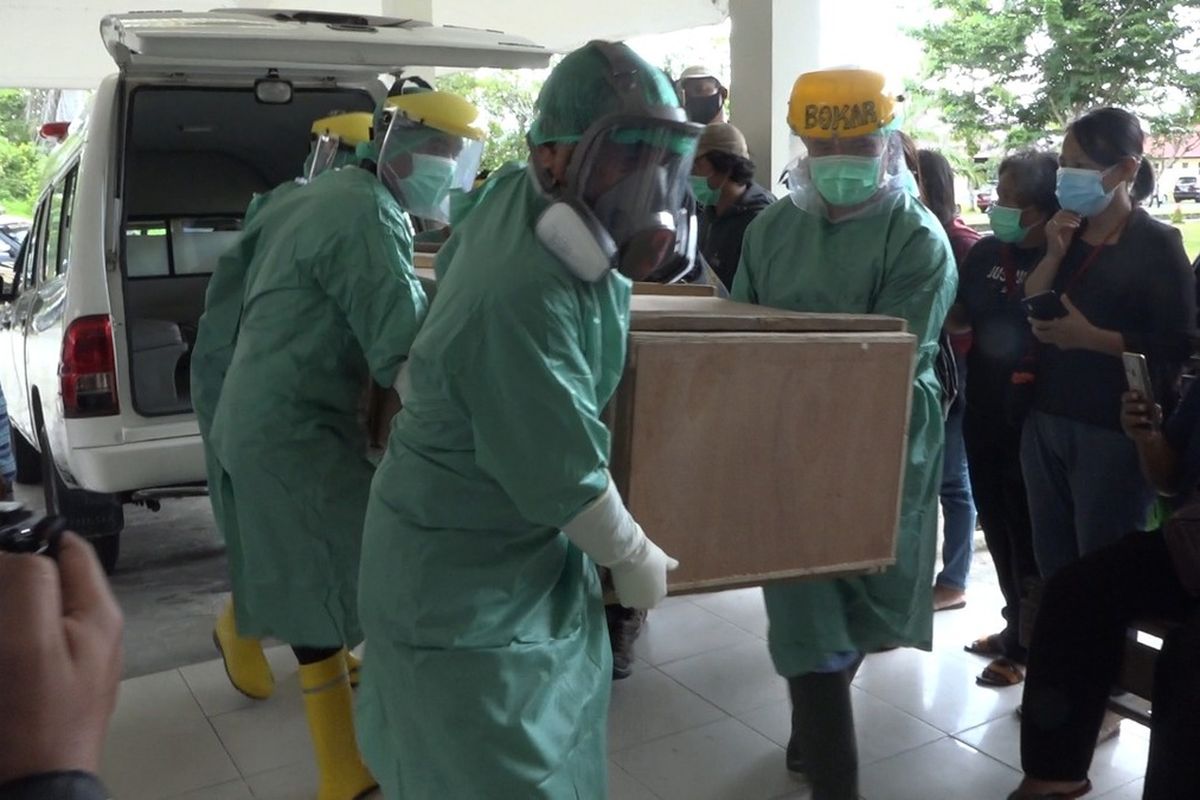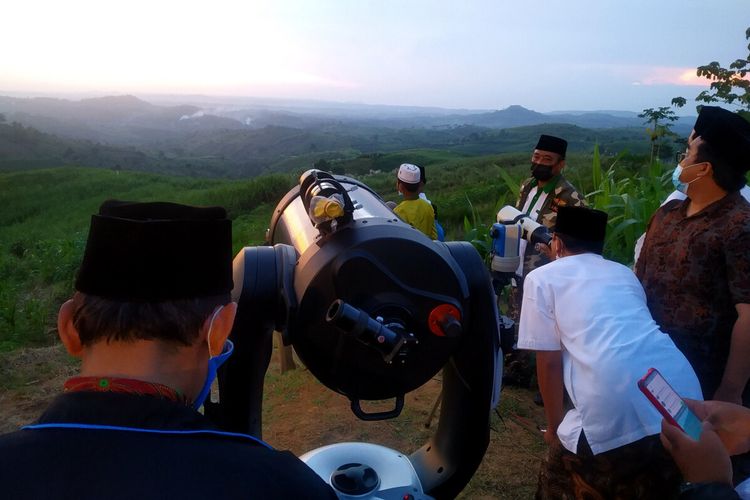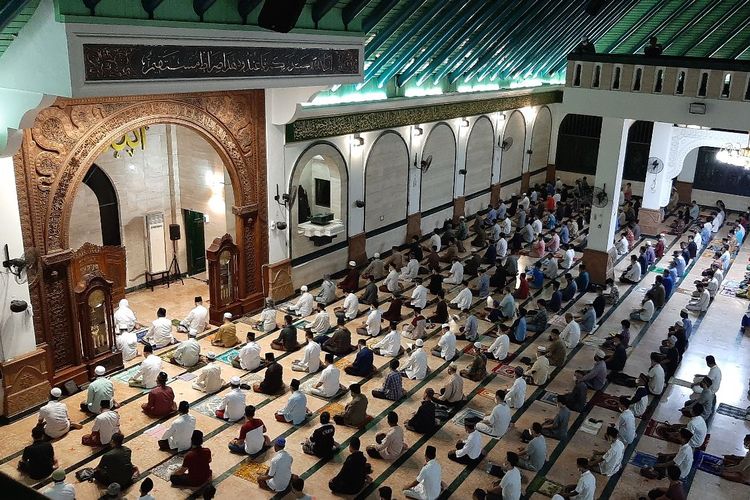Indonesia Highlights: Indonesia Will Begin Holy Muslim Fasting Month of Ramadan April 13 | Ministry of Religious Affairs: No Ramadan Gatherings in Covid-19 High Risk Zones | Papuan Regional Police

The government might have loosened rules on mass Tarawih prayers or communal fast-breaking for the holy Muslim month of Ramadan in 2021, more than a year after social distancing and other health protocols set up in the wake of the Covid-19 pandemic curtailed social gatherings .
But Minister of Religious Affairs Yaqut Cholil Qoumas announced that the breaks will not extend to orange or red zone communities which remain at high risk of Covid-19.
“Communities that remain vulnerable to Covid-19 should carry out their Ramadan activities at home, so as to avoid Covid-19 transmission to their loved ones,” he said. “These include Tarawih prayers, communal fast-breaking, sermons or Id prayers during Eid-al Fitr or Lebaran.”
Yaqut maintained the measures are needed for the public to safely observe Ramadan and Lebaran.
On the other hand, the former head of the Ansor Youth Islamic organization assured that “mosques or musala prayer halls in yellow or green zones or Covid-19 free areas are permitted to hold tarawih prayers, sermons and Id prayers or other crowded events, as long as it is up to 50 percent capacity.”
He added that strict health protocols will be enforced, such as temperature checks, washing hands, social distancing of one meter between congregants and urging the faithful to bring their own prayer mats.
Sources:
Police in Papua Deny Insurgent Claims That Schoolteachers Are Informants
The Papuan Regional Police has strongly denied claims by insurgents or Armed Criminal Groups [KKB] that one of the schoolteachers that the latter shot dead in Puncak regency’s Beoga district was an informant for Indonesian police or military forces.
“The two schoolteachers that the KKB executed are not informants,” the Antara state news agency quoted Papua Regional Police chief Inspector General Mathius D. Fakhiri as saying.
“They are educators who play a vital role in educating young Papuans, especially in inland areas, to prepare them to be Papua’s future. [The KKB’s] should not attempt to justify their actions, as doing so reflects their lack of conscience.”
Fakhiri added that Papuans in inland areas like Beoga owe much to teachers, medical workers and humanitarian workers, as they gave up modern-day amenities to volunteer and serve the locals.
“Skilled people like teachers and medical workers are very important, as they teach [the local people] indispensable skills. There are very few teachers who are willing to go to [rough] areas [like Beoga],” he maintained.


































